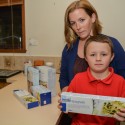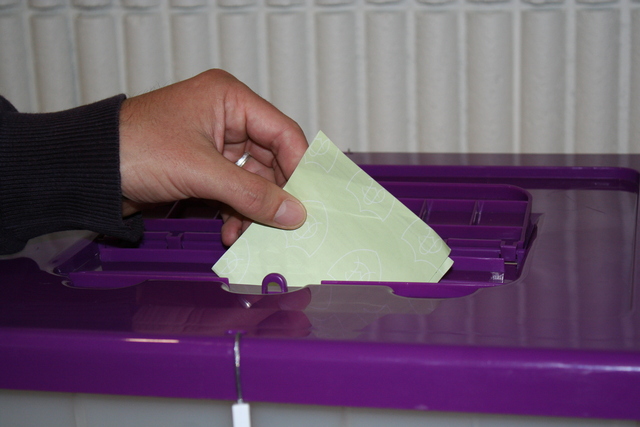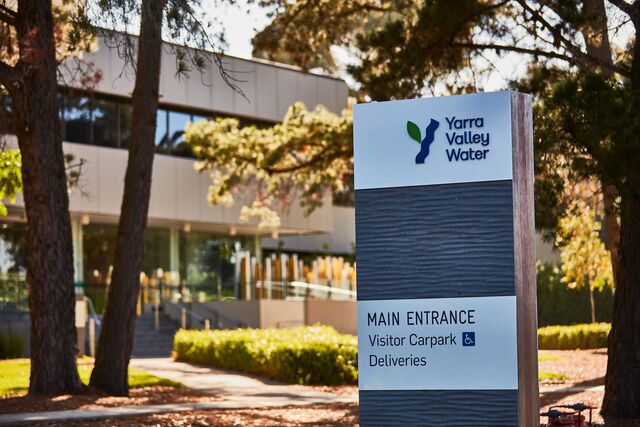By JESSE GRAHAM
A YARRA GLEN family will be left footing hundreds of dollars in monthly food bills if the government follows through on cuts to essential funding for children with metabolic disorders.
Kathy Fricke’s eight-year-old son Blake was diagnosed at birth with homocystinuria, a condition which means his diet must include only small amounts of protein.
Exceeding more than 10 grams of protein a day can result in cardiovascular problems, including a high risk of stroke, according to Ms Fricke, who said the family bought special low-protein food through a medical supplier.
However, the price of the low-protein food is significantly higher than regular supermarket counterparts, with a box of pasta costing about $10, or $15 for a box of cereal.
Meat alternatives such as tofu are also off the table, due to their high protein content.
“On average, 10 grams is probably half a sausage,” Ms Fricke said.
She said her son dealt well with his diet and medical formulas, but the issues came in trying to provide substantial food to feed a growing boy.
Estimating the bill for Blake’s special food at about $360 per month, the cost is mostly offset by the Federal Government through a $256.75 monthly payment through Inborn Error of Metabolism (IEM) food grants.
However, it was announced earlier in the year by Health Minister Sussan Ley that the funding would cease in December. Ms Fricke said this would put a strain on the family’s finances.
“The pressure it will put on my family and families like us … we’re looking at a couple hundred bucks that we have to spend on this food,” she said.
“It will put a lot of families in financial hardship – but you gotta do it because your kids need it.”
“At the end of the day, it’s all in the hands of our government, really.”
Groups such as the Metabolic Dietary Disorders Association (MDDA) have criticised the decision to end the funding, and have been lobbying the government to reverse the decision.
A Change.org petition on the matter, started about a month ago, has received almost 12,000 signatures.
In interviews with other media outlets, Health Minister Sussan Ley defended the decision, stating that low-protein foods were cheaper and more available than when the grants began in 2001 – a claim that Ms Fricke refutes.
“Basically, my response to that is that a lot of the supermarkets have gluten free – and I think that’s wonderful that they’re targeting gluten free, but it’s nothing like low-protein foods we can get from Nutricia.”
The Mail contacted Health Minister Sussan Ley with questions about the decision to end the funding, Ms Fricke’s concerns over supermarket food and whether the decision could be reversed.
In a written statement, Ms Ley said she had been contacted by members of the community, professional groups and colleagues about the IEM grants.
“I am carefully considering the information that has been provided to me recently relating to the IEM food grant,” she wrote.







